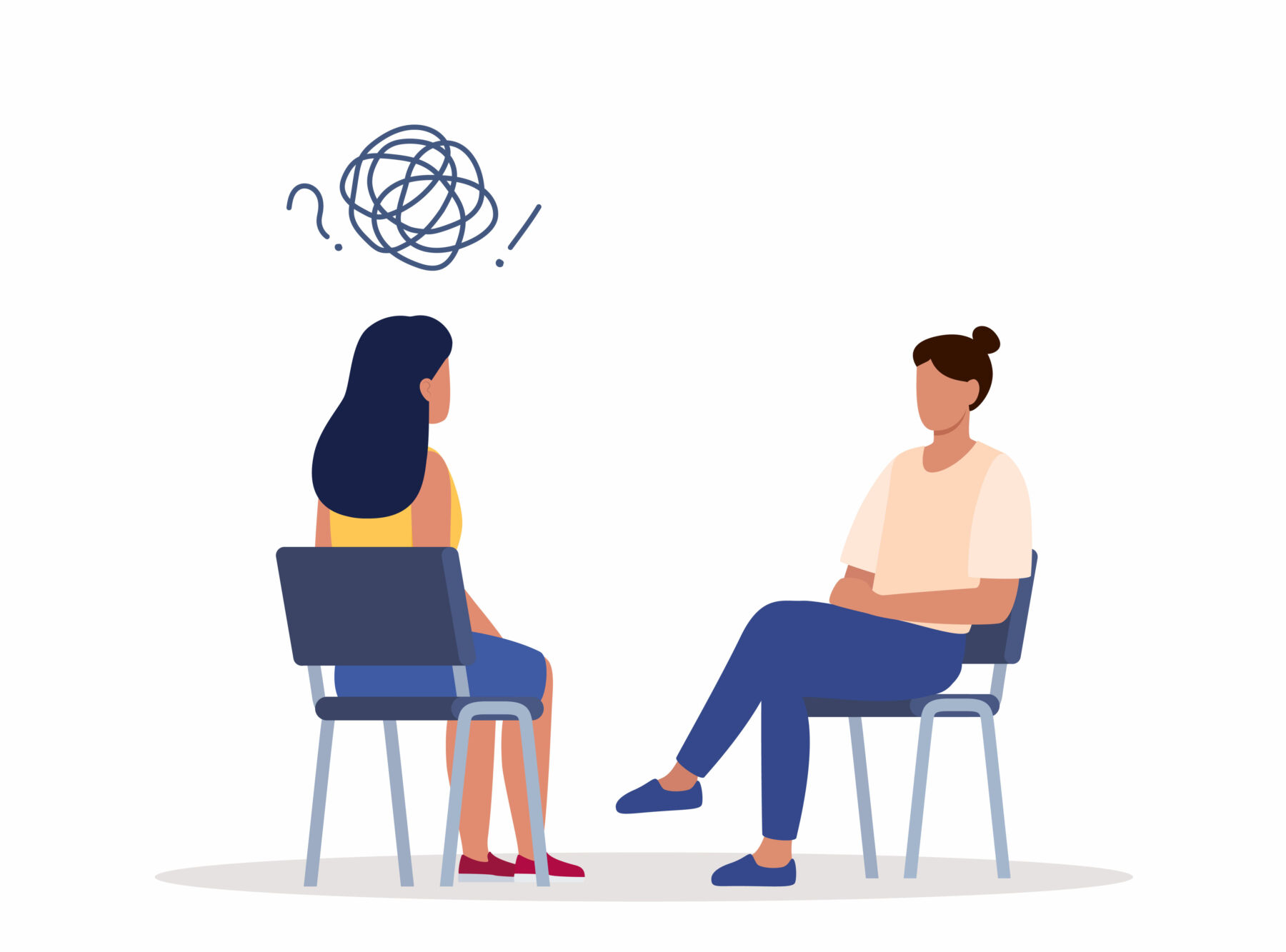
Individual therapy, also known as psychotherapy or counseling, is a collaborative process between a person and a trained therapist. This one-on-one interaction aims to explore personal issues, develop coping strategies, and foster personal growth. Whether you’re dealing with anxiety, depression, or life transitions, individual therapy offers a safe space to address these challenges.
The Role of the Therapist
A licensed therapist provides guidance, support, and tools tailored to your unique situation. They help you identify patterns, set goals, and work towards meaningful change.
Common Issues Addressed
- Mental Health Disorders: Anxiety, depression, PTSD, etc.
- Life Transitions: Career changes, relocation, etc.
- Relationship Challenges: Family conflicts, breakups, etc.
- Self-Esteem Issues: Building confidence and self-worth.
Benefits of Individual Therapy
Engaging in individual therapy can lead to numerous positive outcomes:
1. Enhanced Self-Awareness
Therapy encourages introspection, helping you understand your thoughts, emotions, and behaviors more deeply.
Take the First Step Toward a Healthier Mind
Your mental health matters! If you’re ready to take control of your emotional well-being, schedule an individual therapy session with our expert counselors in Hurst, TX.
2. Improved Coping Mechanisms
Learn effective strategies to manage stress, anxiety, and other challenges.
3. Better Communication Skills
Develop the ability to express yourself clearly and assertively in various situations.
4. Personal Growth
Set and achieve personal goals, leading to a more fulfilling life.
What to Expect in Individual Therapy
Embarking on therapy involves several key components:
- Initial Assessment: Your therapist will gather information about your history and current concerns to tailor the therapy process to your needs.
- Goal Setting: Together, you’ll identify specific objectives to work towards during your sessions.
- Regular Sessions: Typically, sessions occur weekly or bi-weekly, providing consistent support and progress evaluation.
- Confidentiality: Therapists adhere to strict confidentiality guidelines, ensuring a safe and private environment.
Finding the Right Therapist
Selecting a therapist who aligns with your needs is crucial:
Credentials and Experience: Ensure the therapist is licensed and has experience in addressing your specific concerns.
Therapeutic Approach: Different therapists use various modalities (e.g., cognitive-behavioral therapy, psychodynamic therapy). Discuss these approaches to find a good fit.
Personal Comfort: Feeling comfortable with your therapist fosters openness and trust, essential components of effective therapy.
Individual therapy is a valuable resource for anyone seeking personal development and emotional well-being. By engaging in this process, you take proactive steps towards understanding yourself better and leading a more fulfilling life.
Frequently Asked Questions About Individual Therapy
How long does individual therapy take?
Therapy duration varies, but most people see improvements within 8-12 sessions, while some benefit from long-term support.
Is individual therapy confidential?
Yes! Licensed therapists follow strict confidentiality guidelines to ensure a safe space for discussion.
How do I know if I need individual therapy?
If you feel overwhelmed, struggle with mental health issues, or need guidance navigating life challenges, therapy can be a valuable tool.
